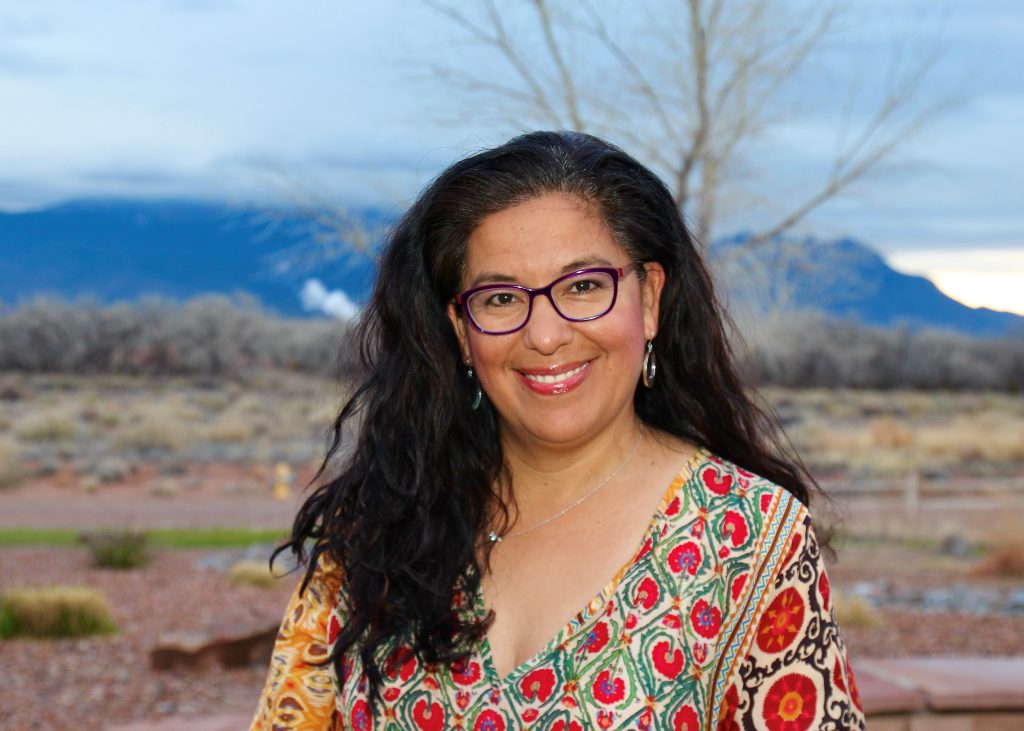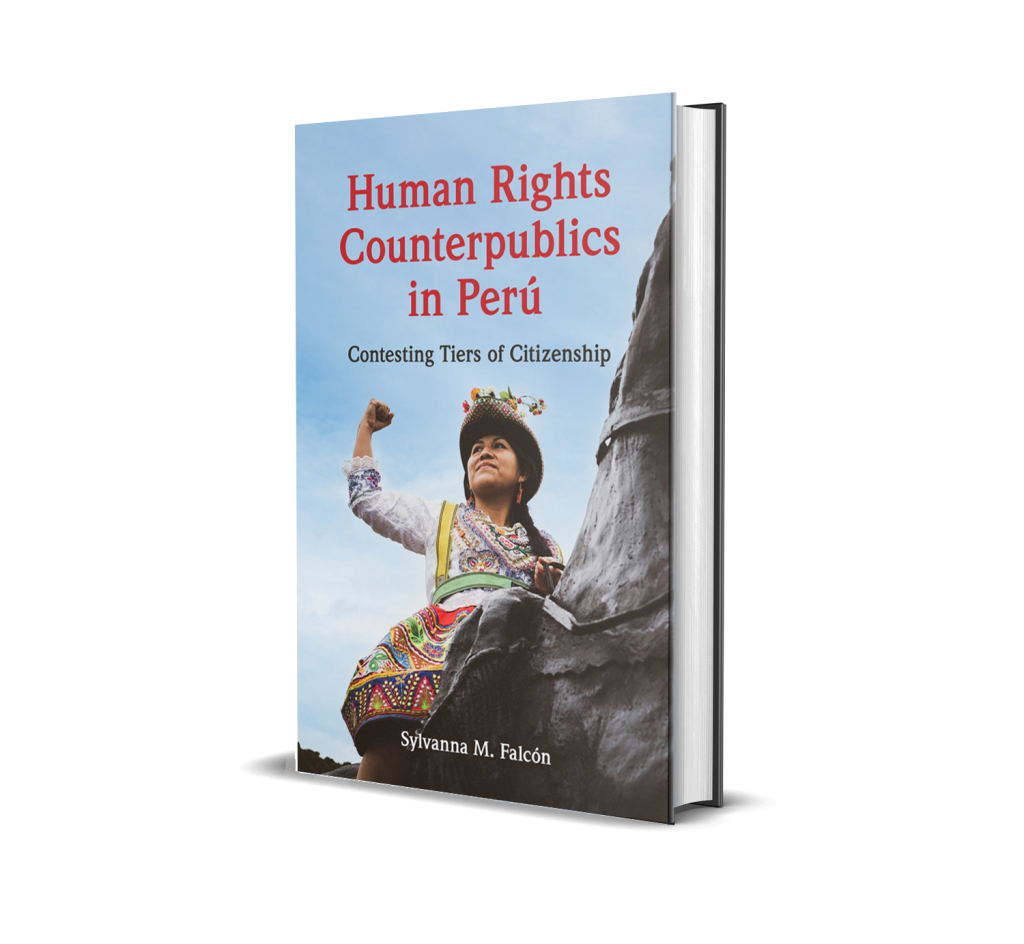Sylvanna M. Falcon, author of Human Rights Counterpublics in Perú: Contesting Tiers of Citizenship, answers questions on her new book.
Q: Why did you decide to write this book?
Two factors came together that led me to write this book. First, I am a human rights scholar and have always been intrigued by the difficult societal transitions that occur when shifting from a time of war to one of “peace.” Second, with my family roots being tied to Perú, I have always wanted to learn more about this hauntingly beautiful and complicated country. I set out to explore this rather painful period in the country’s history from the internal conflict (1980-2000) to understand the present through art and activism.
Q: What is the most interesting discovery you made while researching and writing your book?
An amazing discovery is finding myself recalling my own memories when hearing about Perú’s internal conflict as a child, from the place of the diaspora, as someone living in the United States. I had no idea that in some circuitous way, I was making sense of my own dislocated memories. Another interesting discovery is that when you are in places that symbolize people’s deaths or disappearances (such as the memorial I write about called El Ojo Que Llora, the Eye that Cries), you can feel people’s presence and pain all around you. That sensation is hard to put into words.
Q: What myths do you hope your book will dispel or what do you hope your book will help readers unlearn?
On a basic level that Perú is not reducible to delicious food and Machu Picchu. Another is that a democratic country can still have deep authoritarian impulses that remains for decades following the official end of an internal conflict. The work of democracy is always ongoing and complacency or willful ignorance create the conditions for authoritarianism to foment. The undercurrent of racism and misogyny remain extremely entrenched, and too few lessons have been learned from the work of Perú’s Truth and Reconciliation Commission.
Q: Which part of the publishing process did you find the most interesting?
I love working with copyeditors and book designers. The copyeditors always help make the writing sharper and the book designers are so talented in trying to make your book stand out aesthetically.
Q: What is your advice to scholars/authors who want to take on a similar project?
We should talk more openly about the heartbreak and disappointment that comes with research. In many scholarly books we shy away from feelings, but the emotions are part of the totality of the research experience. I admit that I had hoped Perú had arrived to a different place post-conflict when I began my research and soon realized that my imagination of what Perú could be in the post-conflict period faded with what is really happening in the country with poverty, social exclusion, and violence.
Q: What do you like to read/watch/or listen to for fun?
Most recently I’ve been listening to a podcast by Julia Louis–Dreyfus called “Wiser Than Me” in which she talks to older women about their life. I have found these to be really powerful conversations and a reminder that we don’t listen to older women enough, if ever. I like the end of each podcast because Julia calls her mom to debrief about the interview.

Sylvanna M. Falcon is a professor in Latin American and Latino/a Studies at the University of California Santa Cruz. She is the author of Power Interrupted: Antiracist and Feminist Activism inside the United Nations and coeditor of Precarity and Belonging: Labor, Migration, and Noncitizenship.

